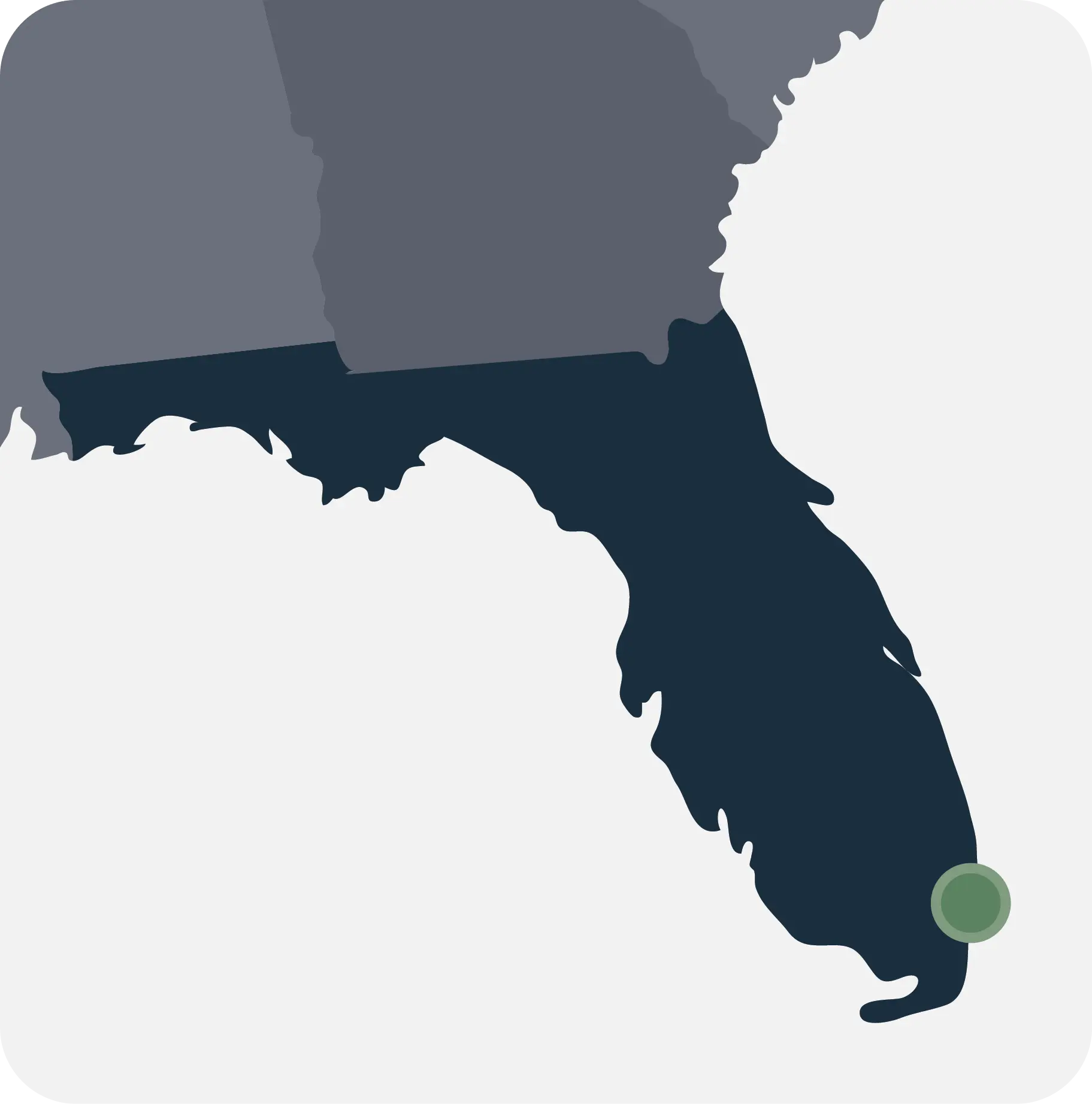What Is the Duty Drawback Program 2025? The duty drawback program 2025 is a U.S. government initiative that allows importers and exporters to claim a refund on certain duties, taxes, and fees paid on goods that are later exported or destroyed. It’s a fantastic way to recover costs — but only if you know how […]






